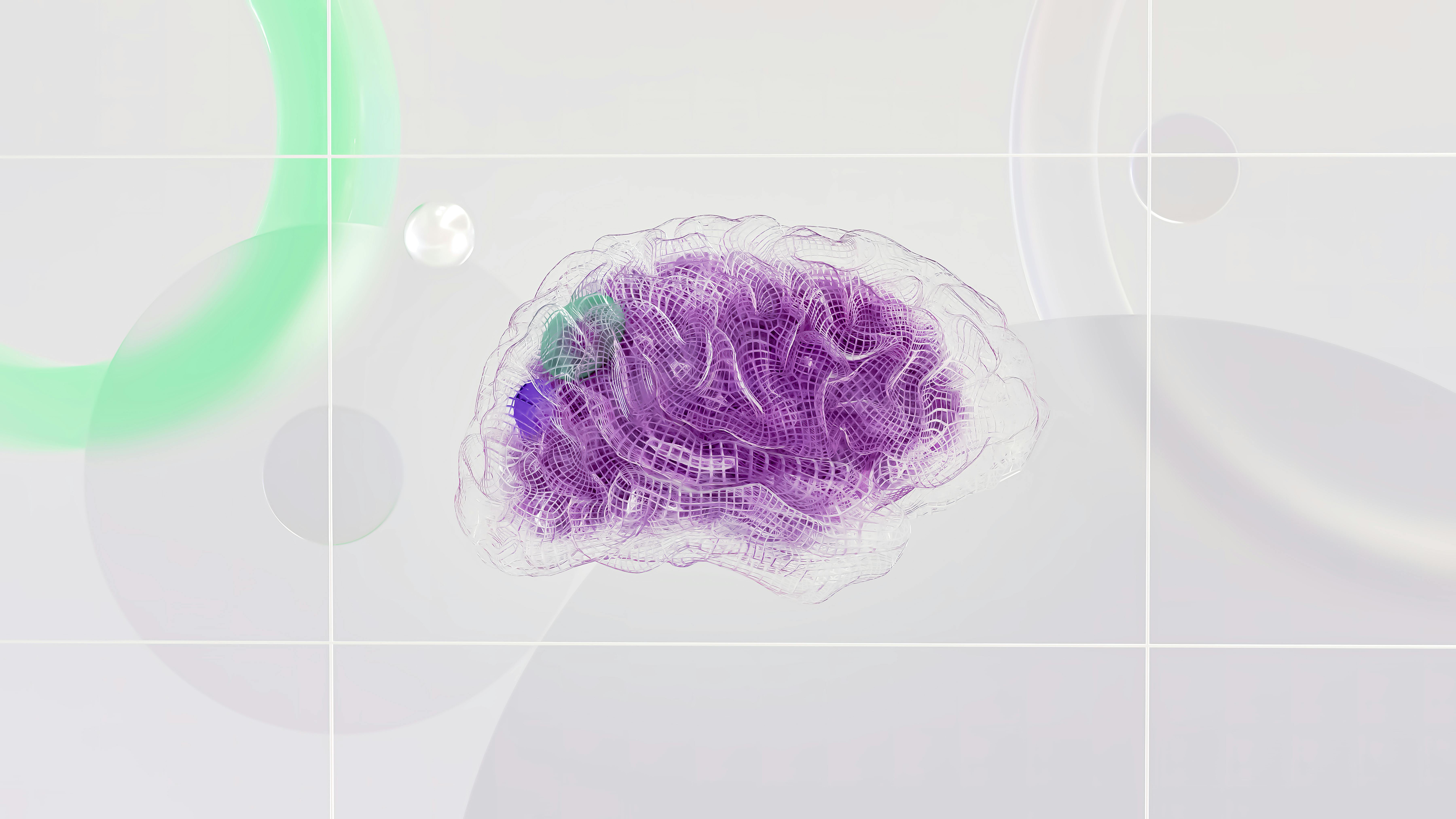Revolutionizing Communication for Paralyzed Individuals through AI Brain Implants

The unyielding advancement of artificial intelligence technology has opened doors for numerous exceptional solutions that are reshaping the future. Among the many groundbreaking innovations, AI Brain Implants represent a revolutionary leap, especially significant for individuals struggling with severe paralysis. This ingenious intervention seeks to reclaim their communication capabilities, bolstering their autonomy and ultimately improving their quality of life.
The Innovative Breakthrough: AI Brain Implant Technology
AI Brain Implants are advanced devices surgically inserted into the brain. The core intent of this technological marvel is to transform neural signals into digital commands, a process facilitated through artificial intelligence and machine learning algorithms. The collected neural data is processed and transmitted to an external device such as a computer, translating it into a language the technology can understand and execute commands from. This breakthrough is empowering, especially for individuals who suffer from paraplegia or quadriplegia, as it offers an innovative means of communication when traditional options might fail.
AI Brain Implants: The Science Behind the Miracle
AI Brain Implants function through the convergence of various technologies, primarily artificial intelligence, machine learning, and advanced neuroscience. The implant records neural electrical impulses. These raw and complex neural data are then channeled through AI and machine learning algorithms. The AI algorithms meticulously examine these data, finding patterns and deciphers the information it represents. Consequently, the deciphered data can be used to control external devices, effectively transforming thoughts into digital commands.
The Impact on Paralyzed Individuals: Hope and Empowerment
The introduction of AI Brain Implants has shown potential to reshape the life of people dealing with paralysis, especially those unable to communicate in conventional ways. Individuals suffering from paralysis often face numerous challenges that hamper their autonomy and general quality of life. With this innovation, an individual’s thought can be transferred into words, offering a newfound means of communication.
The Future of AI Brain Implants: What Lies Ahead?
The AI Brain Implant technology, while still in its relatively nascent stage, has demonstrated promising implications, especially in the field of healthcare and neurosciences. The technology's potential reach extends beyond aiding paralyzed individuals. Researchers are optimistic that with further advancements and fine-tuning, these implants could be used to alleviate symptoms of neurodegenerative diseases like Alzheimer's or even certain psychiatric conditions.
In conclusion, the world stands on the brink of a revolution, driven by the power of artificial intelligence and its application in health sciences. AI Brain Implants appear as a beacon of hope, not just for paralyzed individuals, but potentially for a wider demographic grappling with different neurological disorders. As technological progress moves forward, the potential of AI Brain Implants to monumentally shift paradigms in communication and healthcare continues to shine brighter.
